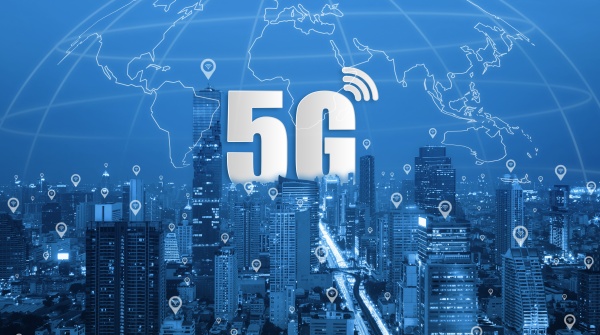ARC Consulting: 5G Helps Industrial Internet of Things Unleash the Potential in Manufacturing

The fourth industrial revolution will usher in smart
factories. In these future factories, connected devices will be able to
perceive their environment and operate with each other to make decentralized
decisions. Industry insiders predict that this transformation will mainly rely
on the capabilities of 5G networks.
In recent years, the continuous expansion of 5G network
coverage has had a huge impact on many fields, including the manufacturing
industry.
The fourth industrial revolution will usher in smart
factories. In these future factories, connected devices will be able to
perceive their environment and operate with each other to make decentralized
decisions. Industry insiders predict that this transformation will mainly rely
on the capabilities of 5G networks.

The 5G network provides the possibility for manufacturers to
build smart factories and truly utilize technologies such as automation,
artificial intelligence, fault diagnosis, augmented reality, and the Internet
of Things. The low latency, high reliability, and high speed of 5G networks are
essential for supporting emerging technologies such as process automation,
remote monitoring, and collaborative robots and their new applications in this
field.
5G will also provide greater flexibility, lower costs, and
shorten the lead time for factory floor reconfiguration, layout changes and
reconstructions, which will lead to significant improvements in production.
According to technology research company ARC Consulting
Group, 5G will play a key role to fully release the potential of the Industrial
Internet of Things in the manufacturing sector.
"The core requirement of the Industrial Internet of
Things is to be able to connect sensors, devices, equipment, software
applications, manufacturing processes, workers, and end consumers. Connectivity
means seamless vertical and horizontal integration of all layers of the
automation pyramid. By optimizing data, Information and analysis provide opportunities
to improve operational efficiency from the factory floor to the supply chain.
The key elements that promote the development of the Industrial Internet of
Things are improved connectivity, availability, low latency, flexibility and
speed. 5G will help industrial users achieve "Industrial Internet of
Things plays a key role in the goals," ARC Consulting Group added.